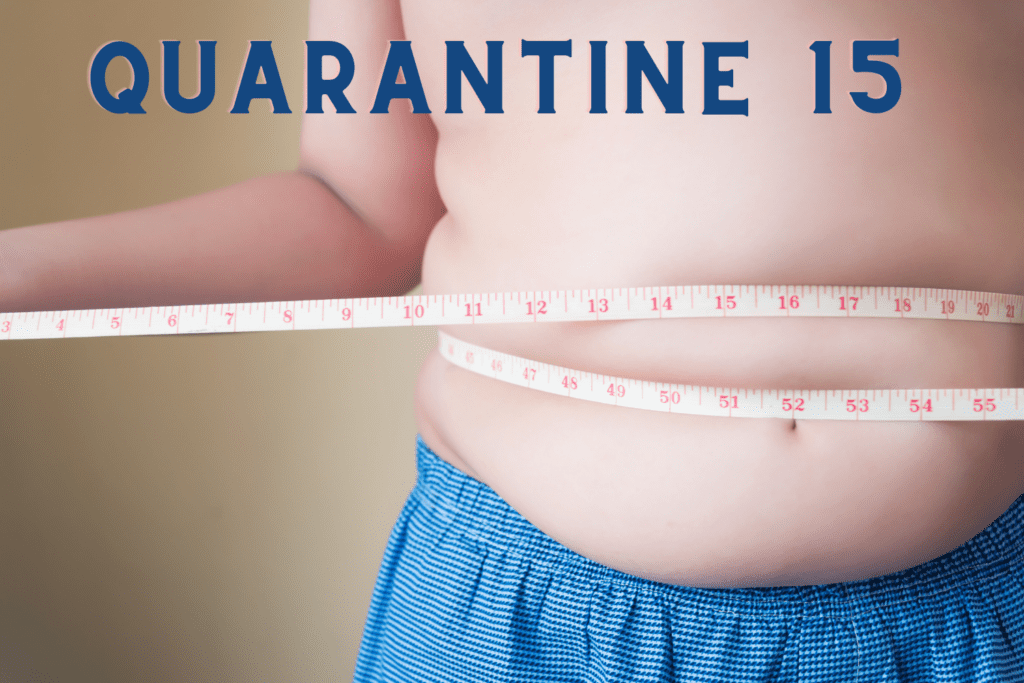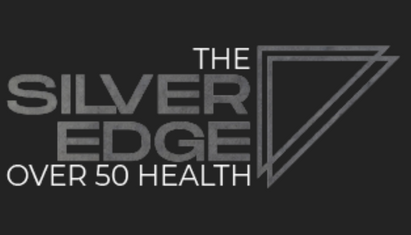
Here we are in August 2020, and COVID-19 with its restrictions doesn’t appear to be leaving us any time soon. We’ve all had to adapt to some sort of new normal. Depending on where you live that could mean wearing a mask in public places, maintaining six feet of distance from others, and limited access to gyms and other health facilities. If you still have school age children at home, you may be faced with challenges of distance learning curriculum.
Many of us are still adjusting to working from home. With all of this disruption to the normal routine of our daily lives – compounded by the uncertainty of the future – it’s no wonder that some of us have gained the dreaded Quarantine-15.
If you’ve found that you’ve put on a few unwanted pounds in the last few months, below are some tips to help shed those pounds, and keep them off for good!
Alcohol
Let’s start by addressing the (pink) elephant in the room… it seems that some of you may be drinking a bit more alcohol than you’re pre-COVID levels. Far be it from me to “booze-shame” anyone, but if you find that your drinking has increased during the last few months and has not returned to your pre-pandemic baseline, you might want to consider some strategies to reduce consumption. Most of us know that alcohol doesn’t provide any helpful nutrition, but in addition drinking disrupts our sleep (more on that below) and can adversely affect our nutritional decision making. I mean let’s be real here, who has a few drinks and gets a craving for kale? No one. But we sure can dig into some cheesy nachos or a deep-dish pizza. Similarly, what hungover person has ever woke up craving egg whites with spinach? Not one person. But we’ll certainly tear into that bacon egg and cheese biscuit, and yes please to the hash rounds!
All kidding aside, alcohol is not a good long-term tool to deal with stress and anxiety. There’s nothing wrong with a drink (or two) when relaxing after a stressful day or socializing with friends, but used as a long term crutch to help deal with the anxiety of COVID-19 is downright detrimental to our waistlines and our long term health. Consider what your drinking habits looked like before the pandemic and how those habits may have changed since then. Are you drinking on days your normally wouldn’t (week days maybe)? Are you starting earlier than you normally would have? Examine the difference in your current drinking behaviors and reflect on how you can shift them back to your pre-pandemic levels.
Sleep
With all the disruption to our normal routines, many of us are not getting enough quality sleep. As mentioned above, alcohol has substantial negative effects on the quality of our sleep, so reducing or eliminating alcohol is one step we can take to help increase sleep quality. A lack of sleep is associated with a rise in the hormone Ghrelin, which stimulates the appetite, and can increase fat storage and hinder lean muscle mass development. Consider taking steps to improve your “sleep hygiene.” The CDC has some great recommendations on improving quality sleep hygiene HERE.
Exercise
Many states have prohibited the reopening of gyms. In fact some states have opened gyms only to shut them back down again. If you were active before COVID-19, you should strive to return to that level of activity whether your gyms are open or not. For example, if you worked out four days a week for an hour before the pandemic, you should try and work out at a similar intensity and time frame now. Obviously if you are a powerlifter and don’t have access to heavy weights you’re going to need to be creative. Perhaps now would be a good time to improve your conditioning by running sprints or improving your 5K time. Alternatively, you could practice a new skill (handstand walks anyone?).
If you were not active before the lockdowns started, now is the perfect time to start a fitness program! There are tons of online programs to chose from. You can click HERE to find a lockdown home workout from the folks over at Greysteel.
Stress Management
People cope with stress in many different ways, and many of us led stressful lives before COVID-19. But as we look around, it’s clear to see that our collective stress levels are at an all time high. Consider taking this time to begin (or deepen) a stress management practice. Some options you might consider are: journaling, prayer, meditation, yoga, stretching, or gardening. Even something as simple as taking a few deep breaths a few times throughout the day is helpful.
Nutrition
Last – but certainly not least – is nutrition. Many of us have disrupted daily routines which have disrupted our normal eating schedules. We may be eating more than normal, and we may be eating at different times of the day. Perhaps we’re working from home and are snacking more than usual. Below are several ideas that will help rid you of a few of those unwanted pounds.
1. Eat Mindfully – ever caught yourself standing in the pantry eating potato chips trying to decide if you want potato chips? Make all your eating mindful eating. By that I mean to sit down at your table every time you eat or snack and be present. No phones or television. Take your time. Smell your food. Taste – and I mean really taste – your food. Take your time chewing to appreciate the flavors and texture. This simple practice allows time for our bodies to signal our brains when we’re full, which is often overridden when we scarf down our food distractedly or when we’re on the run.
2. Eat More Protein – wonderful things happen when we eat plenty of quality protein with every meal. Protein increases levels of appetite-suppressing hormones while simultaneously reducing hormones that trigger hunger. This means that you feel fuller, which leads to consuming less calories (which is how we lose weight after all!). An increased intake of protein will increase your metabolism which burns more calories and can help prevent muscle loss. As a very general rule, females should shoot for a palm-sized portion of protein at every meal, and men should shoot for two palm-sized portions.
3. Eat Whole Foods – whole foods are foods with only one ingredient; the food itself. Take a look at the processed foods in your pantry and refrigerator. Which of these processed foods could be replaced with whole foods? This is especially true of snack foods. If there are cookies, pop-tarts, potato chips, and other hyper-palatable foods that are easily accessible, eventually you will eat these things, regardless of how strong your will power is (which diminish when we’ve had alcohol or haven’t had adequate quality sleep). Consider replacing these items with healthy whole foods. Nuts, fruits, and pre-cut veggies (like carrots and celery sticks) are great starting places.
During these trying times we’re all dealing with the “new normal” and the anxiety of an uncertain future. But this should not be an excuse to allow a disruption in our self-care practices. A healthier, fitter you is a more resilient, stronger you. As you think through the advice above, consider how you might put some of these actions into play in your life. And don’t forget to be kind to yourself, and be kind to others!
